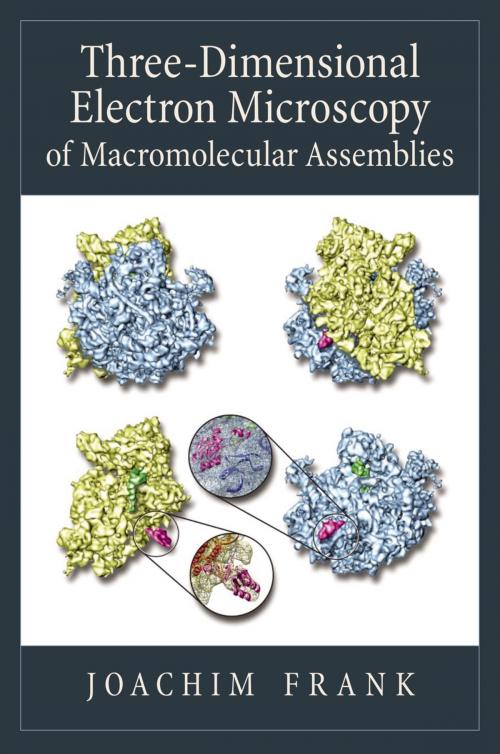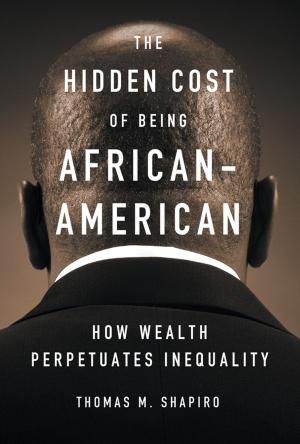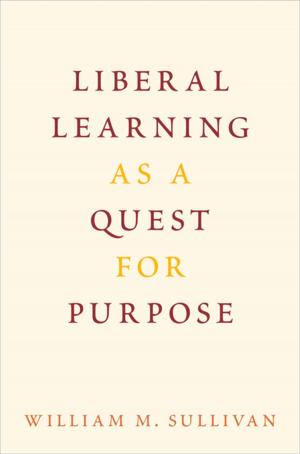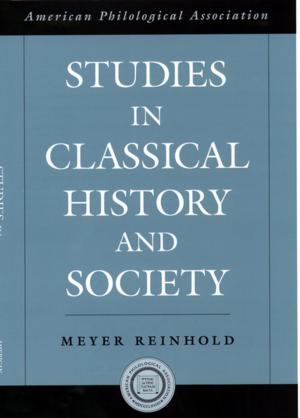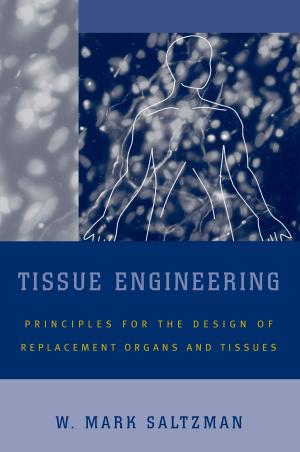Three-Dimensional Electron Microscopy of Macromolecular Assemblies
Visualization of Biological Molecules in Their Native State
Nonfiction, Science & Nature, Science, Other Sciences, Microscopes & Microscopy, Biological Sciences, Cytology, Molecular Biology| Author: | Joachim Frank | ISBN: | 9780190292881 |
| Publisher: | Oxford University Press | Publication: | February 2, 2006 |
| Imprint: | Oxford University Press | Language: | English |
| Author: | Joachim Frank |
| ISBN: | 9780190292881 |
| Publisher: | Oxford University Press |
| Publication: | February 2, 2006 |
| Imprint: | Oxford University Press |
| Language: | English |
Cryoelectron microscopy of biological molecules is among the hottest growth areas in biophysics and structural biology at present, and Frank is arguably the most distinguished practitioner of this art. CryoEM is likely over the next few years to take over much of the structural approaches currently requiring X-ray crystallography, because one can now get good and finely detailed images of single molecules down to as little as 200,000 MW, covering a substantial share of the molecules of greatest biomedical research interest. This book, the successor to an earlier work published in 1996 with Academic Press, is a natural companion work to our forthcoming book on electron crystallography by Robert Glaeser, with contributions by six others, including Frank. A growing number of workers will employ CryoEM for structural studies in their own research, and a large proportion of biomedical researchers will have a growing interest in understanding what the capabilities and limits of this approach are.
Cryoelectron microscopy of biological molecules is among the hottest growth areas in biophysics and structural biology at present, and Frank is arguably the most distinguished practitioner of this art. CryoEM is likely over the next few years to take over much of the structural approaches currently requiring X-ray crystallography, because one can now get good and finely detailed images of single molecules down to as little as 200,000 MW, covering a substantial share of the molecules of greatest biomedical research interest. This book, the successor to an earlier work published in 1996 with Academic Press, is a natural companion work to our forthcoming book on electron crystallography by Robert Glaeser, with contributions by six others, including Frank. A growing number of workers will employ CryoEM for structural studies in their own research, and a large proportion of biomedical researchers will have a growing interest in understanding what the capabilities and limits of this approach are.
